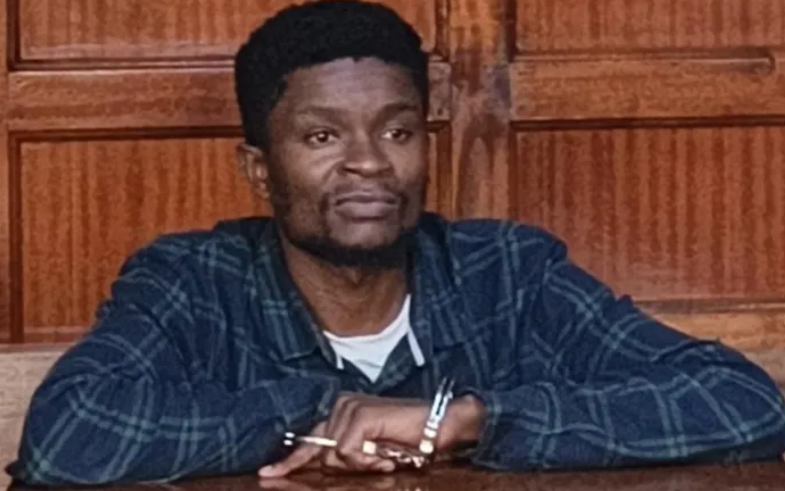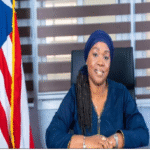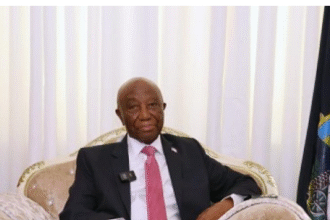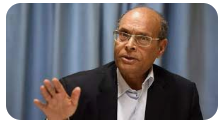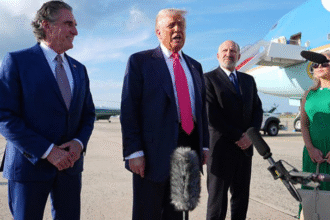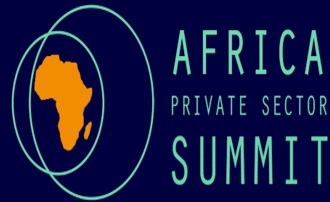By Peter Halima
Nairobi, Kenya – The prosecution of a Kenyan author for writing an unauthorized biography of Charlene Ruto, daughter of President William Ruto, has ignited a fierce debate about freedom of expression and the limits of public figure scrutiny in Kenya.
Webster Ochora Elijah, 25, was arrested on Tuesday and charged with impersonation for his book, “Beyond the Name: Charlene Ruto and the Youth Uprising.” Charlene Ruto, the complainant in the case, alleges that Elijah “misused” her name by publishing the book without her permission.
Elijah pleaded not guilty and was released on bail. The charge sheet alleges that the author, along with others yet to be charged, published the book on or before May 22nd with the intention to defraud.
While Ms. Ruto has not complained about the content of the biography itself, she maintains that writing about her without her consent constitutes a misuse of her name. “The gentleman never came to me with a suggestion that he wants to write a book on my behalf and for me, that is a misappropriate use of my name,” she told journalists. “There is a bad culture in Kenya where we misuse people’s names and we get away with it and that is not right.”
This stance has drawn sharp criticism from free speech advocates and legal experts who argue that the prosecution sets a dangerous precedent and threatens the right to write about public figures without prior consent.
Politician and lawyer Willis Otieno condemned the charges, stating that to “criminalize authorship” amounts to a misuse of “state machinery in defense of fragile egos.”
Literary critic Mbugua Ngunjiri echoed this sentiment, emphasizing that the author had done “nothing wrong.” He cited the example of an unauthorized biography of former President Uhuru Kenyatta published in 2014, where the author was under no obligation to seek permission. “A million writers can write ‘her book’ and it will be perfectly legal. The only time Charlene would be justified to go after the author is if he misrepresented her in any way,” Ngunjiri posted on Facebook.
Elijah’s legal team insists that his work did not constitute a crime. Lawyer Kennedy Mong’are pointed out that his client had previously written books about other public figures, including veteran politician Raila Odinga and former US President Donald Trump. Another lawyer, Evan Ondieki, argued that high-ranking government figures should expect public scrutiny, and that the arrest undermines Kenya’s democratic values. “You cannot be so thick-skinned that the use of your name or image becomes an offence,” he stated.
The self-published book, which has limited publicly available information about its contents and is not available online, has amplified concerns about the government’s stance on free expression. The arrest is raising questions, particularly given the recent detention of software developer Rose Njeri, who was charged with cyber-crime for creating a tool to oppose the government’s finance bill.
This case has drawn comparisons to the high profile of President Ruto’s daughter, who has frequently been likened to a version of Ivanka Trump. Charlene Ruto has been a regular guest at public events, met with leaders across the country, and attended international forums, further fueling public interest in her life.
The case surrounding Webster Ochora Elijah is scheduled to continue in court, with many keenly watching whether it will further erode freedom of expression in Kenya or reaffirm the right to scrutinize public figures through literature.


